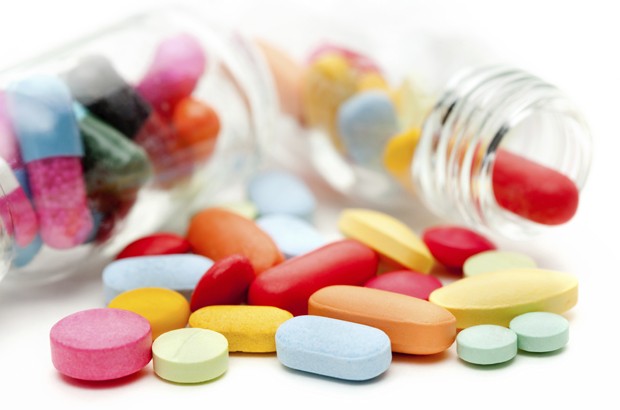We have recently had a number of situation where importers of unlicensed medicines have attempted to notify MHRA of centrally authorised products for import as unlicensed medicines. This is not appropriate, as these are not unlicensed medicines and should be distributed by parallel distribution.
Unlicensed medicines can be imported into the United Kingdom for the special clinical needs of individual patients in accordance with the Human Medicines Regulations, SI2012/1916 Regulation 167 and the conditions for licence holders (WDA(H) and manufacturer’s “specials” licences) may be found in Schedule 4 of these regulations. More information about importing medicines can be found on GOV.UK.
We regularly receive notifications for the import of unlicensed medicines from importers who have identified shortages of supplies of licensed medicines in the UK. Many of these are quite legitimate, but some have been for import of products that hold centrally authorised marketing authorisations (MAs). These products cannot be imported as unlicensed medicines, as their MAs are valid in all EU member states. This is the case even if the pack is not the correct UK English language pack. Import of an unlicensed equivalent would only be permitted if no licensed product (in any pack) could be sourced within Europe. Importers of unlicensed medicines should ensure that they have procedures in place to identify centrally authorised medicines as distinct from those which are unlicensed in the UK. The European Medicines Agency (EMA) website provides a searchable database of centrally authorised medicines.
The correct method of distribution of centrally authorised medicines is through parallel distribution. The EMA website states that parallel distribution means that a centrally authorised medicine on the market in one member state is distributed to another member state by a company independent of the marketing authorisation holder. To be able to sell a medicine in other member states, parallel distributors need to ensure that the packaging and labelling of the medicine is appropriate, eg that the label, box and package leaflet are up to date and available in the correct language. In the UK, if the product is not in the correct pack, this does not make it unlicensed, but the product may be regarded as defective and may lead to regulatory action being taken by the MHRA Defective Medicines Report Centre (DMRC).
Centrally authorised products must always be obtained either from the MA holder or from a registered parallel distributor. The EMA has published an interactive public register of parallel distributors.
In cases of clinical emergency where only a non-UK pack can be supplied, the Defective Medicines Report Centre (DMRC) should be consulted:
Email: dmrc@mhra.gsi.gov.uk
DMRC (office hours) 020 3080 6574 (08.45 to 16.45 Monday to Friday)
DMRC (out-of-office hours) 07795 641532 (urgent calls outside of normal working hours, at weekends or on public holidays)
Don’t miss the next blog, sign up to be notified by email when a new post comes out.
Check out our guidance on good practice for information on the inspection process and staying compliant.


